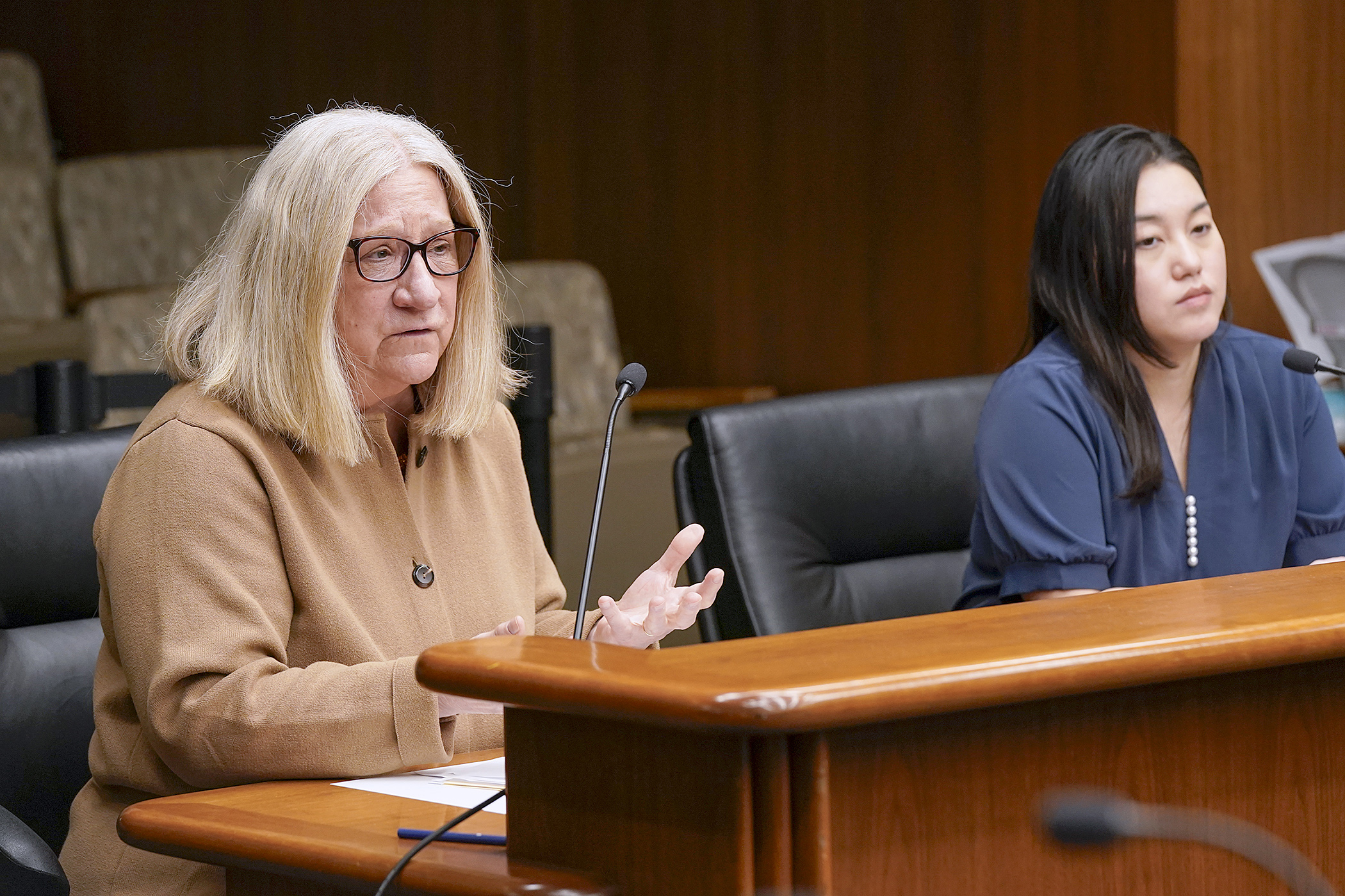Bill aims to fill rural Minnesota’s shortage of mental health professionals

If you’re a rural Minnesotan in need of a therapist or a professional to help you with substance abuse, you must first muster patience.
“We know people are waiting months to access therapy,” said Sue Abderholden, executive director of the National Alliance on Mental Health Minnesota. The lack of practitioners has especially been problematic since the pandemic shutdown.
In a February 2024 article in Minnesota Physician, she wrote the job vacancy rate in mental health and substance use counseling was 26% in 2021 compared to 8% two years earlier.
A comprehensive bill to address this longstanding problem was held over Monday by the House Human Services Policy Committee for possible inclusion in a larger policy bill.
Sponsored by Rep. Samantha Vang (DFL-Brooklyn Center), HF4563 would establish the Mental Health and Substance Use Disorder Education Center and a training program for youth care professionals within the Department of Health. The purpose of the former is to increase the number of professionals working in mental health and substance use disorder treatment programs, and to increase the diversity of these professionals.
The education center would be required to:
- identify gaps in the industry by geography, specialty, and demographic group served;
- create a career exposure program for high school and college students;
- track the number of students graduating from Minnesota university programs that could become a mental health or substance use disorder treatment professional, and work to support the students in obtaining their licensure; and
- expand loan forgiveness programs and help newly graduated professionals pay for their required supervision hours.
To be eligible for a grant to pay for their supervision hours, a mental health provider would have to serve underrepresented communities or people in a city or township other than those in the Twin Cities metropolitan area, Duluth, Mankato, Moorhead, Rochester, and St. Cloud.
The training program for youth care professionals would focus on trauma-informed care and symptoms of mental illness.
Related Articles
Search Session Daily
Advanced Search OptionsPriority Dailies
Legislative leaders set 2026 committee deadlines
By Lisa Kaczke Legislative leaders on Tuesday officially set the timeline for getting bills through the committee process during the upcoming 2026 session.
Here are the three deadlines for...
Legislative leaders on Tuesday officially set the timeline for getting bills through the committee process during the upcoming 2026 session.
Here are the three deadlines for...